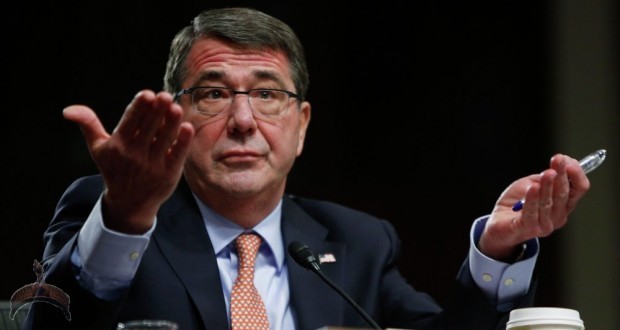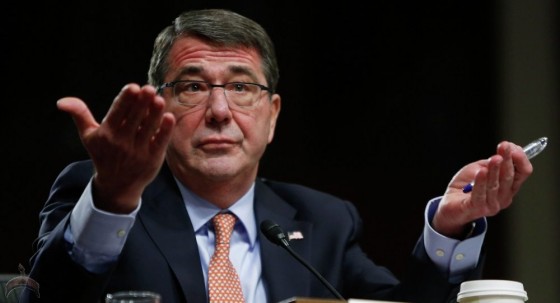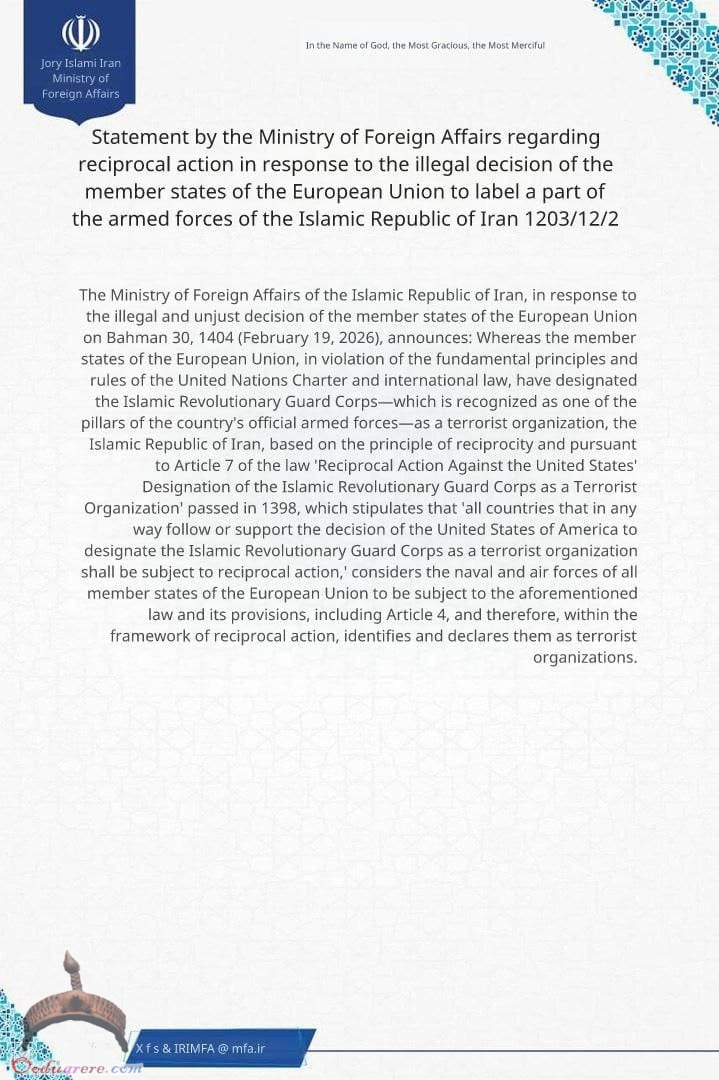As the P5+1 nuclear negotiations – ostensibly seeking to ensure a peaceful future for the Middle East – conclude, they were prefaced by a surprising announcement.
On Tuesday, Defense Secretary Ashton Carter said that even if a deal was reached, the US reserves the right to bomb Iran.
“The military option certainly will remain on the table,” Carter said on NBC’s Today program. “One of my jobs is to make sure all options are on the table.”
Military intervention would be necessary if Iran decided to break the deal, which sought to limit the number of uranium-enriching centrifuges Tehran would be allowed to operate. If it was discovered that the Islamic Republic was operating more centrifuges than agreed upon, and using that excess uranium to develop nuclear weapons, then an attack on those enrichment facilities could, theoretically, be an option.
He also stated that any agreement “can’t be based on trust, it has to be based on verification,” and that it must be “one that keeps us and the region safe. If it’s a good agreement to have, obviously it’s one worth waiting for.”
The new framework deal agreed upon by negotiators states that Tehran will be allowed to operate a single enrichment facility in Natanz, and in exchange, all nuclear-related sanctions against the nation will be lifted.
During his appearance, the Defense Secretary also took time to address other parts of what he called the “confusing, crazy-quilt region” of the Middle East. In reference to the chaos in Yemen, Carter said the United States would continue its counterterrorism operations, no matter the outcome of the Iranian negotiations.
Carters comments came just after Arizona Senator John McCain suggested that Israel “go rogue” and resist any deal that the negotiations might come to.
“The Israelis will need to chart their own path of resistance. On the Iranian nuclear deal, they may have to go rogue” McCain said on the Senate floor. “Let’s hope their warnings have not been mere bluffs.”
McCain’s words may encourage a nation already bitterly opposed to the negotiations. Prime Minister Benjamin Netanyahu has been very vocal about his distrust of Iran’s intentions.
“This dangerous deal, as it appears to be emerging, bears out all of our fears, and even more than that,” Netanyahu said during a speech on Sunday, as the original March 31 deadline for a framework deal approached.
After meeting with Netanyahu on Sunday, Senate Majority Leader Mitch McConnell and House Speaker John Boehner announced they would put forth a bill which would require President Obama to get the approval of Congress before any deal is officiated.
 Ọmọ Oòduà Naija Gist | News From Nigeria | Entertainment gist Nigeria|Networking|News.. Visit for Nigeria breaking news , Nigerian Movies , Naija music , Jobs In Nigeria , Naija News , Nollywood, Gist and more
Ọmọ Oòduà Naija Gist | News From Nigeria | Entertainment gist Nigeria|Networking|News.. Visit for Nigeria breaking news , Nigerian Movies , Naija music , Jobs In Nigeria , Naija News , Nollywood, Gist and more











“: Pentagon Chief: We Might Bomb Iran Even if Nuclear Deal Reached. – http://t.co/RKfpcADcbk http://t.co/xscScFEFUX”